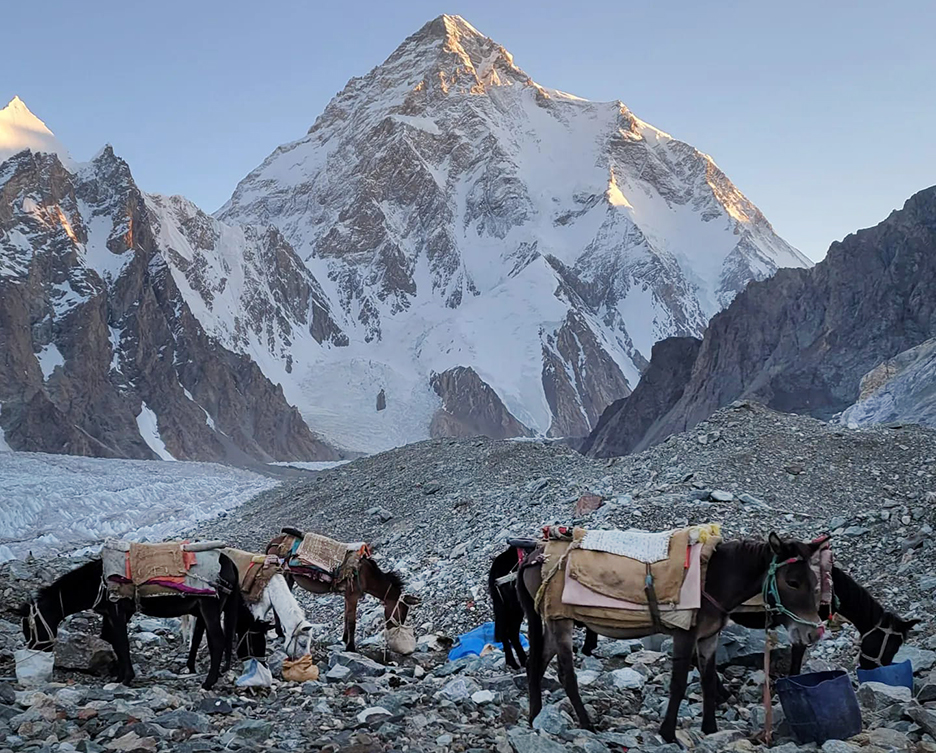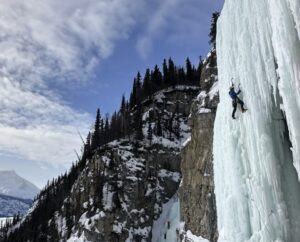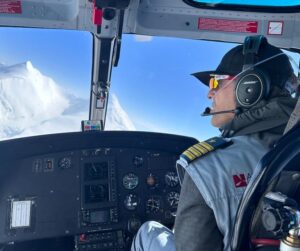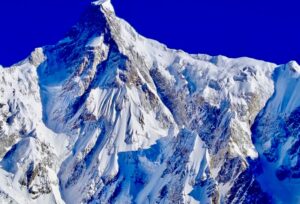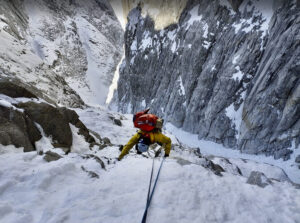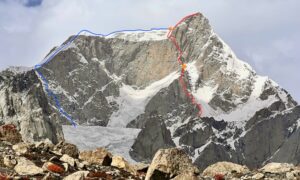Here’s some good news for climbers planning to visit Pakistan’s Karakoram this year. The government’s threat to triple the prices of climbing fees is on hold until at least next year.
In September 2024, Gilgit-Baltistan authorities announced that the previous collective fee for groups of seven climbers would change to individual permits costing three times more per climber. A member in a group of seven, who paid one-seventh of a $12,000 collective permit to climb K2, would now pay $5,000 individually — nearly a 300% increase.
The other four Pakistani 8,000’ers (Broad Peak, Gasherbrum I and II, and Nanga Parbat) would see a similar increase, as would lesser peaks and even trekking permits.

The prices for Pakistan’s mountains in 2025. Photo: PATO
Intense negotiations
The announcement alarmed local expedition operators, who saw their clients hesitating. The increase was a serious blow not only to commercial 8,000m climbers—who are used to paying big bucks for their trips—but most of all to small alpine-style teams on 6,000m and 7,000m peaks. Some of these alpinists, regulars in Pakistan, started looking for new routes in other countries.

Climbing K2’s Abruzzi Spur. Photo: Summit Karakoram
A heated discussion ensued among the stakeholders, and the Pakistan Association of Tour Operators (PATO) petitioned the court for a stay. Ultimately, it forced the authorities to maintain current prices for at least this year.
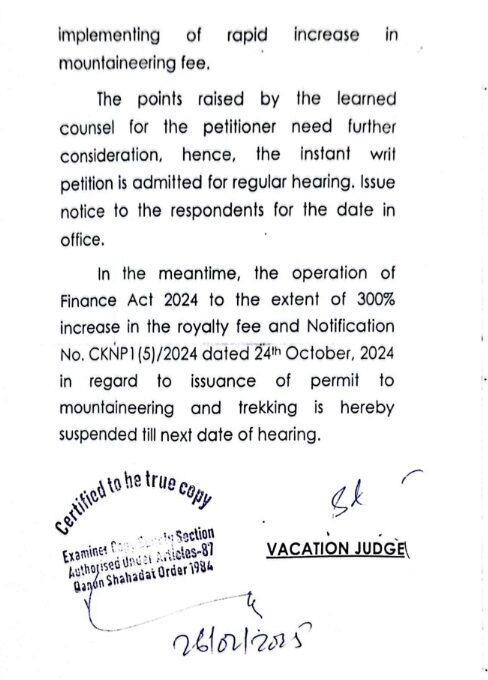
Conclusion of Gilgit Baltistan’s high court about increasing royalty fees for climbing permits. Photo: PATO
“This is good news for the mountaineers all over the world who were waiting for confirmation about the mountain royalty fees for 2025,” PATO member Ali Saltoro of Alpine Adventure Guides told ExplorersWeb.
Pakistan had frozen the price of climbing permits for several years following a period of political unrest and terrorist attacks on foreigners that kept most climbers away from the country. The fees increased moderately in 2022. During 2023 and 2024, K2 permits were priced collectively at $12,000 for a group of seven. Each additional climber cost an extra $3,000. The price for other 8,000’ers, also for groups of seven, was 25% lower. According to the latest decision of local tribunals, the prices and collective fee system should be reinstated.
Prices soar everywhere
The trend to increase climbing fees is happening outside Pakistan, too. Nepal’s Department of Tourism has confirmed new, higher prices for all peaks above 6,500m starting in fall 2025. The fee for Everest, in particular, has swollen from $11,000 to $15,000, an increase of 36%, beginning in the spring of 2026. However, Nepal had announced this increase in 2023, leaving plenty of time for the market and the operators to adapt.
Meanwhile, climbing in Tibet was already considerably more expensive than in the rest of the Himalaya. So far, it seems that 2025 prices have not increased. The companies planning to climb Everest, Shisha Pangma, and Cho Oyu’s normal routes have all sent their permit applications and settled the cost of the climbs with their clients.

Tents in Camp 3 on Nanga Parbat after a snowy night. Photo: Saulius Damulevicius
Most expedition companies with experience in Pakistan have announced expeditions on K2 and Broad Peak. Many also include the Gasherbrums and Nanga Parbat. Yet some are still hesitating, and not because of the price.
“We have not decided if we’ll run our Pakistan trips this summer because of the political situation in and around Pakistan,” Lukas Furtenbach told ExplorersWeb.
